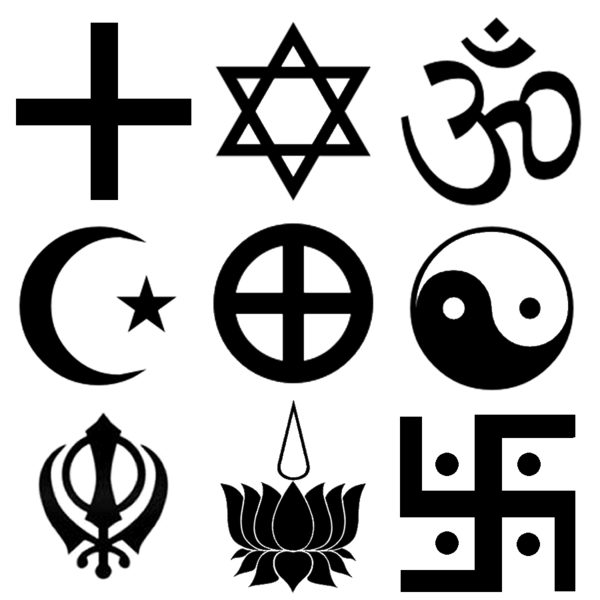The complex tapestry of Palestinian identity is intricately woven with threads of religion, culture, and history. To comprehend the essence of the Palestinian people, one must delve into the primary religious affiliations within this region, namely Islam and Christianity, as well as the cultural dynamics that shape their lives. This exploration will reveal the unique intermingling of faith and culture that characterizes Palestinian society.
Palestinian Muslims constitute the majority, with estimates suggesting that over 90% of the population adheres to Islam, primarily the Sunni branch. Islam, founded in the 7th century by the Prophet Muhammad in the Arabian Peninsula, has profoundly influenced the social, political, and cultural framework of Palestinian society. The religion is more than a mere belief system; it is a comprehensive way of life that governs virtually every aspect of daily existence. From the five pillars of Islam to the rich traditions that have evolved over centuries, the Islamic faith is a cornerstone of Palestinian identity.
In this context, the role of mosques cannot be underestimated. They serve as centers for community gathering, spiritual education, and social activism. The Al-Aqsa Mosque in Jerusalem, one of the holiest sites in Islam, holds particular significance for Palestinians. It symbolizes not only religious devotion but also a deep-rooted connection to the land. The mosque’s historic and cultural prominence underscores the intertwining of faith, resistance, and national identity among Palestinians.
Yet, it would be an oversimplification to view Palestinian identity solely through the lens of Islam. Christianity also plays a vital role in the religious landscape of the region, with a significant historical presence. Approximately 1.5% of Palestinians identify as Christians, a demographic that, while small, has had an outsized impact on the history and culture of Palestine. The Christian population is predominantly affiliated with several denominations, including Eastern Orthodox, Roman Catholic, and Protestant communities. This diversity reflects a rich heritage that dates back to the early days of Christianity, resonating with stories of the life and ministry of Jesus Christ.
Palestinian Christians have lived in the region for centuries, contributing to its cultural mosaic by intertwining local customs with Christian traditions. The annual celebrations of Christmas and Easter manifest this religious identity vividly, with vibrant festivities that attract both local and international attention. The processions, traditional music, and culinary delights offer a window into the spiritual life of Christians in Palestine, highlighting their enduring legacy amidst the predominant Islamic culture.
The geographical distribution of Christian communities reveals much about their historical evolution. Urban centers like Bethlehem, Ramallah, and Jerusalem are home to vibrant Christian populations, albeit often facing socio-political pressures that affect their daily lives. The Israeli-Palestinian conflict has also had profound implications for Christian Palestinians, as they navigate their existence between cultural heritage and contemporary challenges. The shrinking presence of Christians in the lands of their ancestors raises concerns about the sustainability of their communities and the preservation of their unique identity.
Furthermore, the portrayal of Palestinians in the media often lacks nuance, focusing more on the political conflict than on the rich cultural and religious tapestry that defines this population. There exists a vibrant cultural scene among Palestinians that celebrates literature, music, art, and cuisine, all of which draw from the influences of both Islamic and Christian heritages. Festivals, poetry readings, and art exhibitions provide platforms for expression and resilience, allowing Palestinians to assert their identity beyond the confines of conflict narratives.
At the heart of Palestinian culture is the notion of hospitality, deeply rooted in both Islamic and Christian teachings. Every visitor to a Palestinian home is met with warmth and generosity, a reflection of a culture that values community and familial bonds. Food plays a significant role in this hospitality, with traditional dishes like musakhan and maqluba artistically prepared and served, creating a feast that transcends mere sustenance.
Education holds another pivotal place within Palestinian society, driving aspirations for a better future amid adversity. Schools and universities often serve as incubators for ideas and social change. Whether in predominantly Muslim or Christian neighborhoods, students engage in discussions that reflect their shared history and cultural heritage. The pursuit of knowledge becomes a tool of empowerment, illuminating pathways toward social justice and equality.
In conclusion, the religious identity of the Palestinians is not just a dichotomy between Islam and Christianity; rather, it is a symphony of beliefs, traditions, and cultural expressions that coexist beautifully within a shared historical context. Understanding this plurality is essential for a comprehensive appreciation of Palestinian society. The challenge remains to recognize the humanity within the faith and culture of Palestinians, moving beyond stereotypes to appreciate the rich and diverse narratives that shape their identity. While the conflict undeniably affects their lives, it is crucial to celebrate their resilience and cultural contributions, which remain steadfast in the face of adversity.



